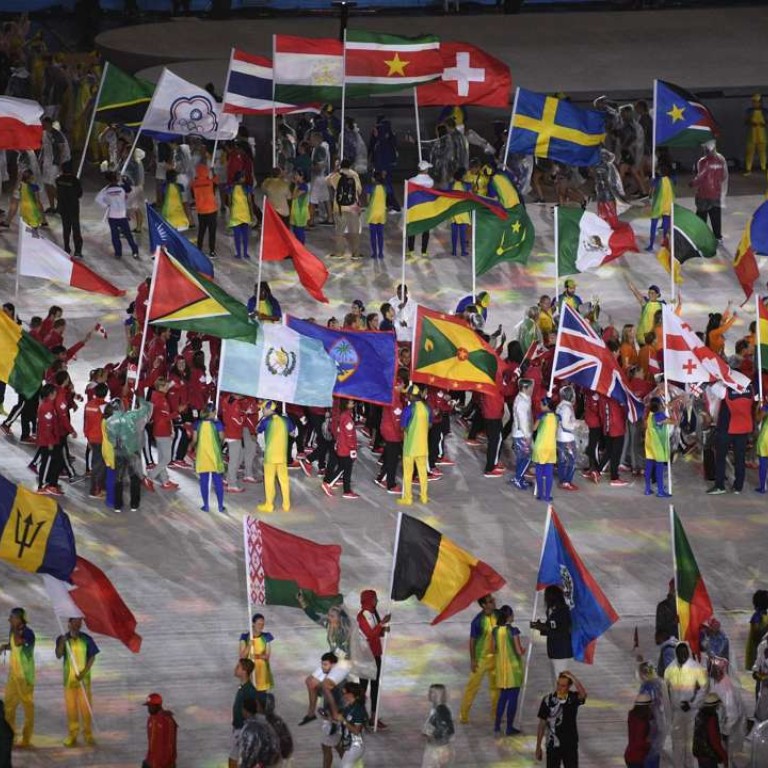
Rio Olympic Games end on a high note
Triumphs, tears cap the sporting extravaganza, but there’s nothing for Hong Kong
The party in Rio that no one was sure they wanted has come to an end with reluctant guests and cash-strapped hosts alike declaring it a success, of sorts.
As Brazil begins to reflect on its performance as host of the 2016 Olympics and Japan takes the baton for Tokyo 2020, there is palpable relief among all involved that while not a roaring success, the Games were not the disaster doom merchants had predicted. On the downside, a few athletes and journalists were robbed, some facilities failed to come up to scratch and a number of events were played out in half-empty stadiums.
On the upside, for 17 days the country’s political turmoil faded conveniently into the background and the dreaded Zika virus never reared its head.
The most noteworthy negative headlines involved a diving pool that turned green, a smashed window on a media bus caused by either a rock or a bullet – depending on who you believe – and an international incident sparked by US swimmer Ryan Lochte making up a story about being robbed.
You get the sense that if offered the above balance sheet ahead of the Games, Thomas Bach, president of the International Olympic Committee, would have gladly taken it.
“These were and still are iconic Olympic Games in many respects ... a Games in the middle of reality. History will talk about a Rio de Janeiro before and a much better Rio de Janeiro after the Olympic Games,” Bach said.

Carlos Nuzman, president of the Rio 2016 organising committee, chimed along: “Having the Games in Rio was a challenge ... but the challenge was a success.”
They will be remembered for being the first in South America, but everything iconic came from the athletes – Usain Bolt with his “triple triple”, Michael Phelps taking his gold medal total to 23 and the emergence of new heroes such as 19-year-old American gymnast Simone Biles.
Britain put Brexit blues on the backburner and surprised themselves with a record gold medal haul, trumping China for second place behind the US. “You kidding me? Xinhua exclaimed. “The country which has never finished above China is about to.”
The new official line from state sports chiefs and media might be “medals aren’t important any more”, but China’s lowest gold tally (26) since 1996 (16) will not be palatable, especially as the country embarks on a top-down effort to make sport a key industry.
Hong Kong and its star cyclist Sarah Lee Wai-sze were left licking their wounds when she went crashing out of her pet event and the city ended up with nothing.
Now it’s Tokyo’s turn in 2020, kicked off by Japanese Prime Minister Shinzo Abe, who appeared at Sunday’s closing ceremony in Rio dressed as video game character Mario.

